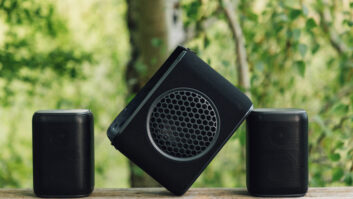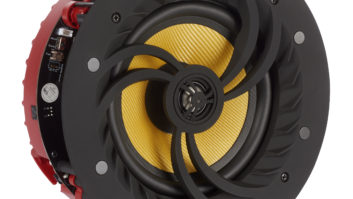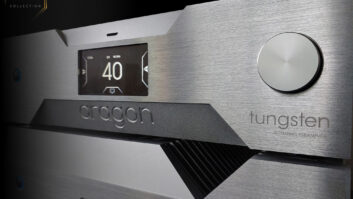Cirrus Logic has indefinitely delayed the production of a pair of chipsets billed as suitable for CE products that would wirelessly stream high-quality audio and video throughout the house.
“The market has not matured and grown as envisioned,” said Bob Kromer, VP of business development and marketing for connectivity. “To drive it to millions of consumers, the level of integration [in a consumer product], the quality of service, and robustness have to improve.”
The products must also be simple to use so that consumers don’t have to call an “IT guy” to make the product work, he added.
Cirrus will now focus on next-generation chipsets that would integrate multiple functions, including wireless networking, to drive down pricing, Kromer said.
In addition, he said, the market wants a standards-based solution, and so far, the IEEE hasn’t yet ratified the optional 802.11e quality-of-service standard that could be added to the WiFi 802.11b standard, or to the higher data rate 802.11a standard. The 802.11e standard would eliminate digital-data-packet collisions to prevent streaming-audio and -video interruptions.
Last year, Cirrus said its chip solutions would have been ready in time for commercial consumer products to be available to dealers in early to mid 2002.
Whitecap2 and 802.11e had been promoted by Cirrus as opening up the market for consumer electronics companies to offer networked digital set-top boxes, personal video recorders, residential gateways, mobile Web pads, wireless MP3 players and digital audio and video jukeboxes.
Cirrus had two reference designs in the works: one for WiFi (802.11b) 2.4GHz 11Mbps products, and the other for 5GHz 54Mbps 802.11a-based products.
Whitecap-equipped WiFi devices would support multicasting of a single DVD-quality videostream to multiple TVs even while PC files are being transferred wirelessly. The devices would also support multiple VHS-quality video streams of an average 1.5Mbps each, he noted.
With Whitecap-equipped 802.11a products, consumers would be able to simultaneously stream multiple DVD-quality video streams, the company had said.
Whitecap was also promoted as extending wireless range because it interpolates lost packets on the fly and dramatically improves the packet error rate. Whitecap also was said to resist common household interference from 2.4GHz cordless phones and microwave ovens.













